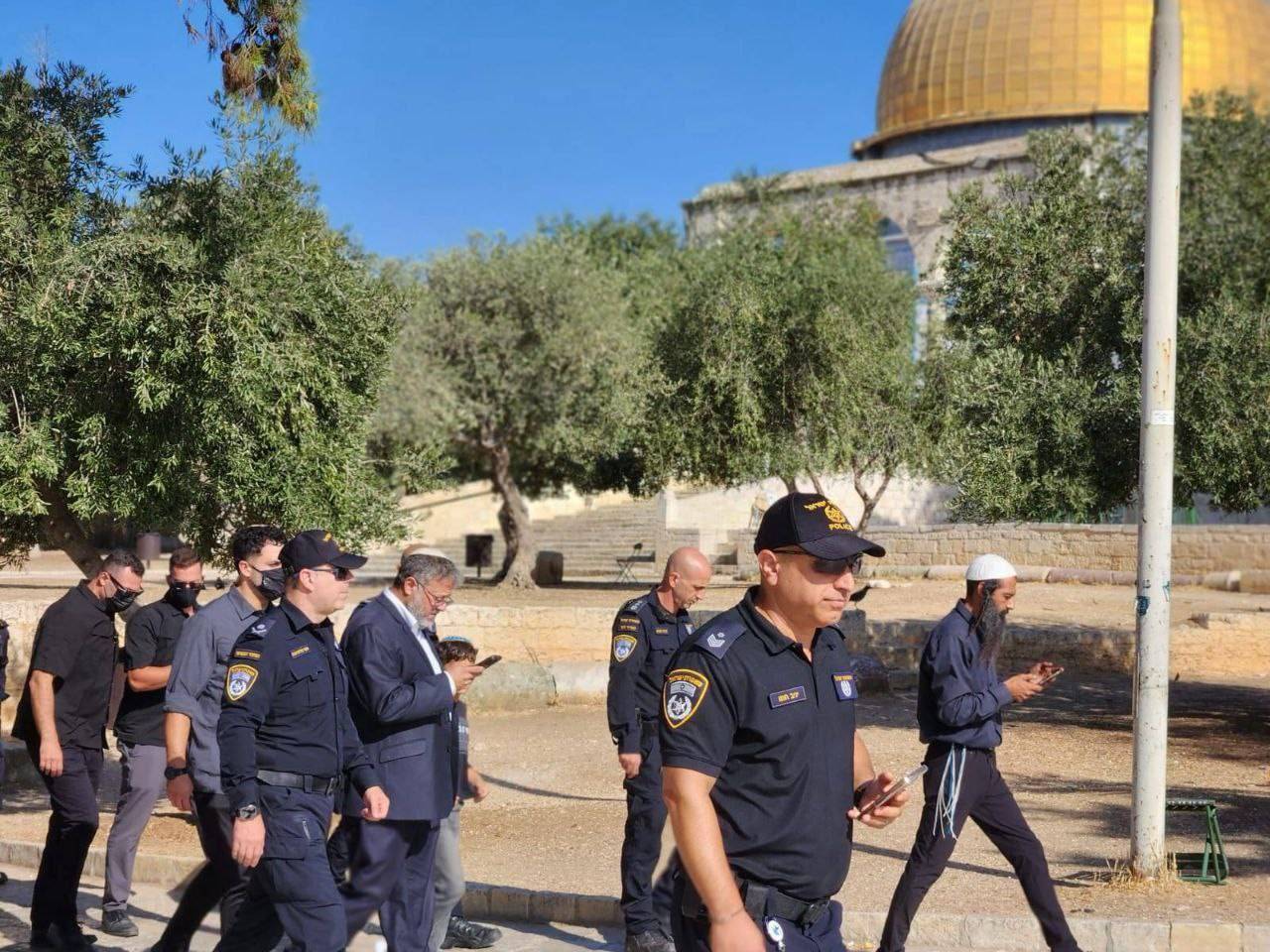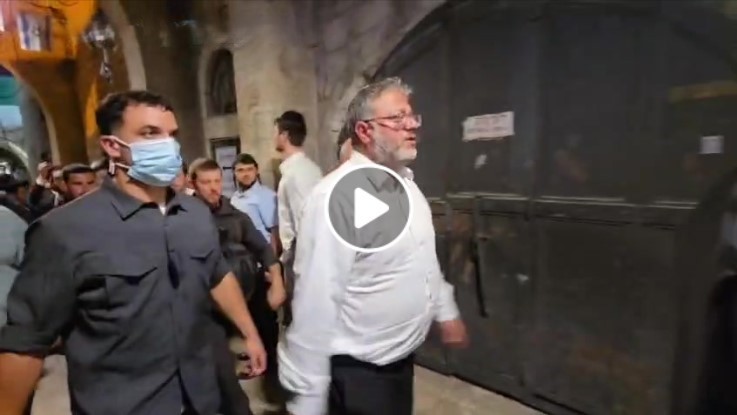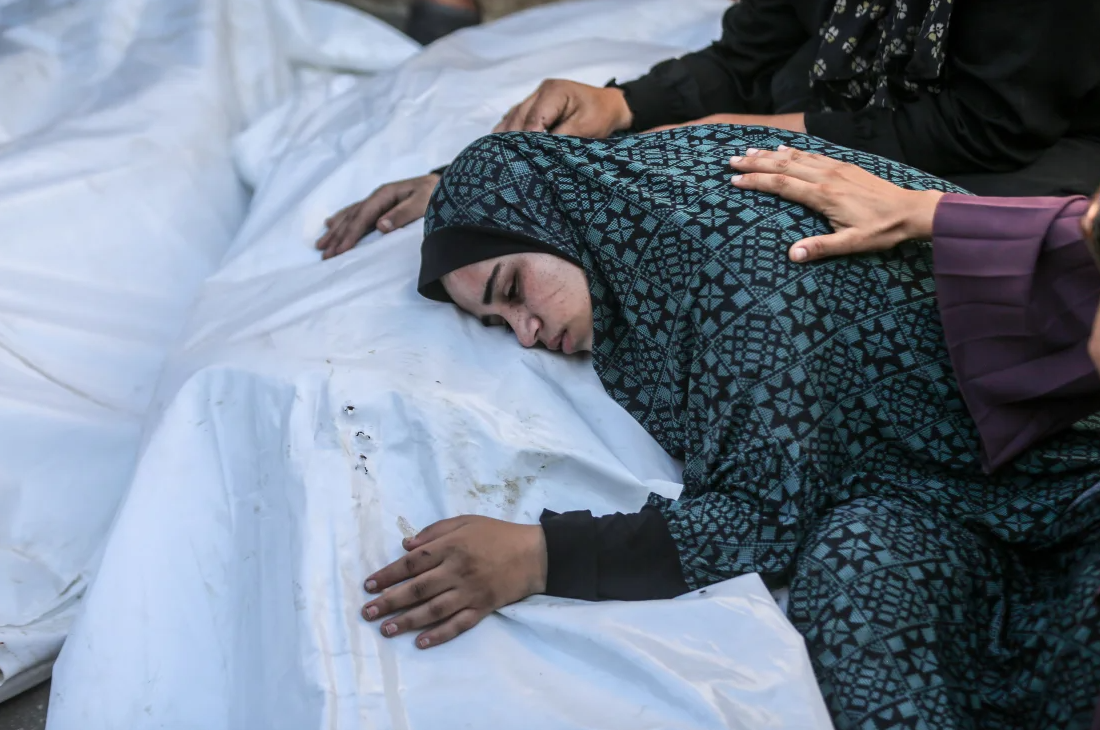JERUSALEM, December 1, 2009 (WAFA)- Israeli Information Center for Human Rights in the Occupied Territory, B'Tselem un justified the Israeli army use of lethal weapons in the Occupied Territory.
Real-time observations by B'Tselem and video footage filmed at two demonstrations indicated “that the gunfire was completely contrary to army orders. There was no justification to use lethal weapons in these incidents. Persons from the village were indeed throwing stones at Israeli forces on the other side of the fence, but from a few dozen meters away. The Israeli forces found cover behind concrete blocks or inside shielded jeeps, so they were not in a life-threatening situation.”
It added “The security forces had other means, which cause much lesser harm, that they could easily have used to distance demonstrators from the fence, among them tear gas and an odorous liquid sprayed at demonstrators from a tanker.”
B'Tselem protested the action. In reply, Israeli Judge Advocate General Major General Avichai Mandelblit reiterated that the Israeli army does not classify the Ruger rifle, which fires 22-caliber bullets, and similar weapons, as means to disperse demonstrations or public disturbances, and that the rules governing their use in Judea and Samaria are stringent, comparable to the rules for opening fire and use of live ammunition.
B'Tselem demanded that the army immediately stop using 22-caliber ammunition in circumstances in which soldiers' lives are not in danger, and that measures be taken against security forces who fired live ammunition in violation of regulations and caused the death and injury of civilians.
On the other side, B’Tselem protested against the Israeli Civil Administration adoption of a policy based on not issuing building permits to Palestinians in limited areas, and not providing a planning solution for Palestinian land development.
In recent weeks, the Civil Administration has increased its action against Palestinian building in Area C, contending that the construction was illegal. As noted, building legally is almost impossible for Palestinians.
The administration inspectors served stop-work orders on construction work being done on nine houses in Kafr 'Aqab, a village located north of Jerusalem. 15 families live in the houses.
It issued 11 stop-work orders on all construction in the Beduin community of Khirbet Umm al-Kheir, which lies in the southern Hebron hills. Residents of the village, most of whom are refugees of 1948, arrived in the village in the 1970s after having been forced to leave their homes in the area of Arad. In 1981, the Carmel settlement was built adjacent to the village.
Also it issued stop-work orders on 12 structures in Rujeib, a village southeast of Nablus. Five of the homes, which lie on the southern edge of the village, were already inhabited. Another six, and a chicken coop, were under construction.
The Civil Administration's intensive enforcement activity violates Israel's obligation, as the occupying power, to meet the planning needs of the Palestinians, and breaches the Fourth Geneva Convention, which permits the occupying power to destroy the property of civilians only when an imperative military need exists.












